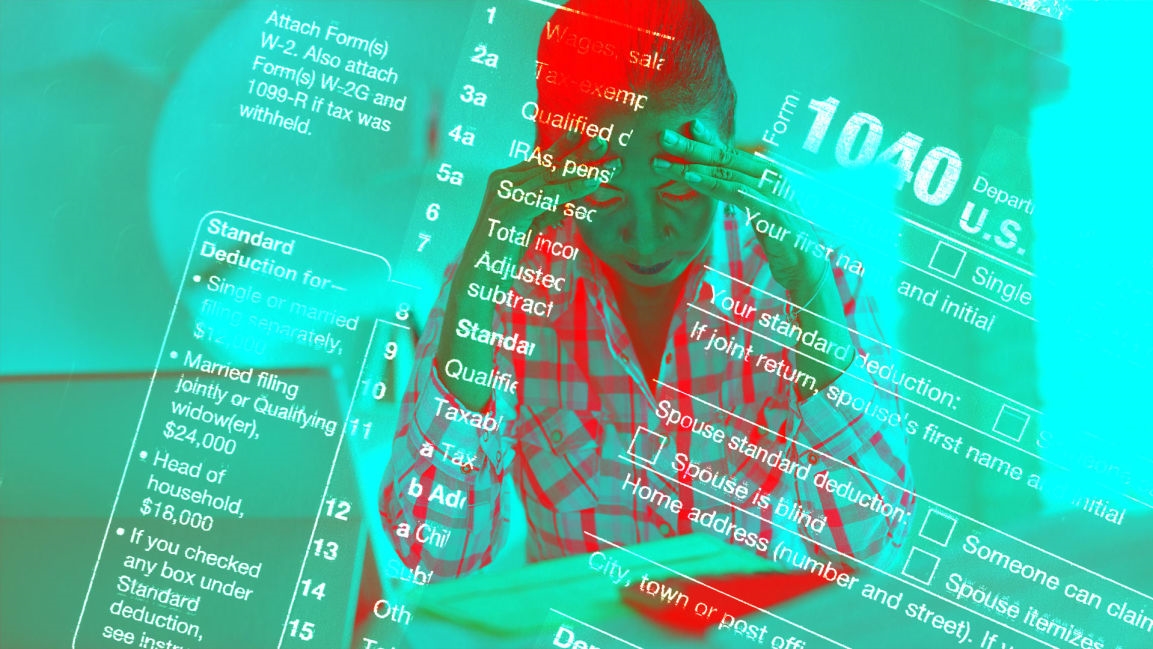IRS refund delays are already frustrating early filers who need their 2022 checks most
Americans who filed their taxes early this year in hopes of getting a speedier refund might be feeling a bit of déjà vu right about now.
After last year’s tax season was plagued with technical glitches, government staff shortages, and endless processing delays, the Internal Revenue Service (IRS) is still playing catch up this year—and it’s about to get its first big test. This week, it’s expected to begin issuing refunds for Americans who claimed the Earned Income Tax Credit or the Additional Child Tax Credit, both of which were designed to help the very Americans who often need their refund checks most.
The IRS claims most online filers receive their refunds within 21 days, but because of a 2015 anti-fraud law called the PATH Act (Protecting Americans from Tax Hikes), the agency is not allowed to begin issuing refunds to people who claimed either of the above tax credits until February 15. That’s today!
Judging from the mood on some Facebook groups and other online forums dedicated to tax refunds, a lot of taxpayers in this category are excited that the PATH deadline is about to pass. However, some may be disappointed to learn that they still may not see their refunds for another few weeks.
According to an IRS update on the topic, people who claimed the Earned Income Tax Credit or the Additional Child Tax Credit can expect their refunds by March 1, provided they filed online and use direct deposit. The good news is, that date is likely an overestimate. According to the IRS, some taxpayers in this category may get their money sooner. Then again, given that last year’s tax season reached cataclysmic proportions, tempered expectations are probably not a bad thing.
The Biden administration has proposed giving more money to the IRS to help it address its infrastructure and staffing issues, but many of the problems that plagued the agency last year are still very much with us, and some new ones are popping up as well. Last week, the IRS said it planned to abandon a new authentication system after privacy concerns were raised over a third-party service’s use of facial recognition technology.
(35)



